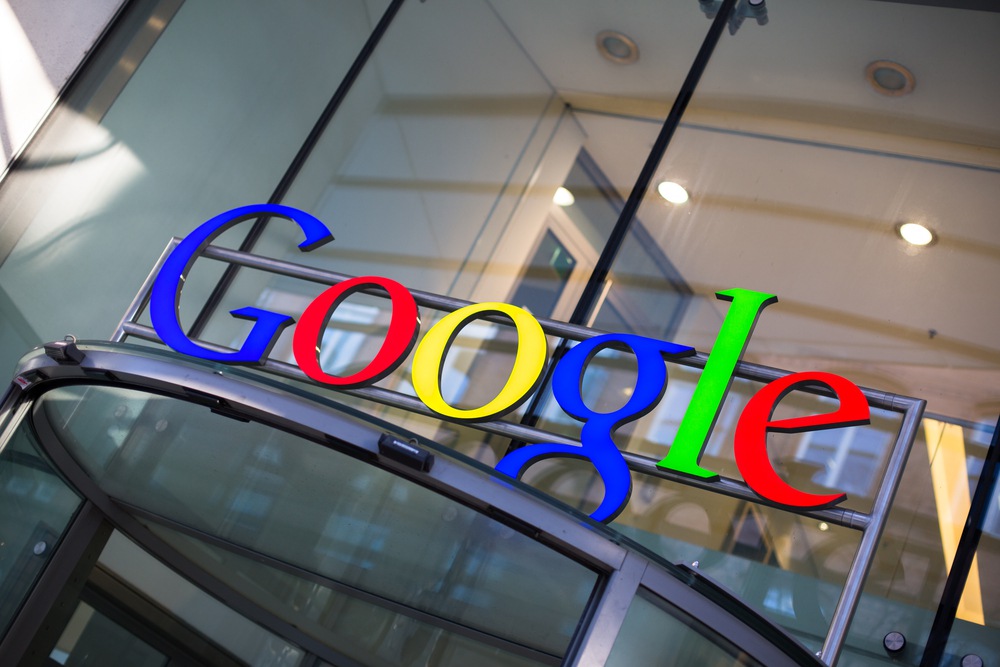Conductor has written a whitepaper around research that debunks some of comScore’s regularly released search market share numbers. Their findings were definitely enlightening, to say the least.
According to Conductor,
Currently, comScore puts Google’s share as 67%. However, a recent study of more than 100 million organic search visits found that 85% of traffic came from Google versus Yahoo and Bing. In fact, many researchers in search find that their numbers of search engine share don’t line up with comScore’s.
I recently got the opportunity to interview Nathan Safran, a former Forrester analyst and director of research for Conductor about their findings and the research methods they used to come across their findings.
Your new white paper claims that Google has more of the search traffic than comScore reports. Can you explain how you came across these findings?
We studied more than 100 million visits over a 6 month period and segmented traffic by search engine. We found that 85% of traffic came from Google compared to the 67% that comScore publishes.
What measures do you to to ensure that your data was valid?
We analyzed a large sample size—more than 100 million visits—and drew from a wide variety of websites—B2B, B2C and publishers. We carefully reviewed the data to ensure accuracy and expose anomalies.
What made you and your company decide to question the comScore reports?
The driver for the research was actually several requests from our clients at Conductor for some objective, independent research on market share. For many, their marketing executives (and practitioners not in the know) use comScore’s market share numbers as the gospel and make decisions based on those numbers and, the two do not necessarily line up with reality when it comes to actual click traffic. Many executives hold up comScore’s numbers as the authority and question practitioners numbers as being very different from the published authority:
“Where that [comScore’s market share numbers] causes trouble is when comScore/qSearch numbers are known to executives, and analytics professionals come in and show their statistics and the discrepancy is observed. I’ve had multiple executives comment to me that our numbers don’t reflect ‘reality’ – ‘reality’ of course being the comScore/qSearch numbers.”
We are not trying to say it is an absolute 1:1 comparison because comScore looks at pre-click traffic and our data analyzes post click traffic so we are not saying one view is ‘right’ and the other is ‘wrong’, but the research is intended to show what actual post-click market share looks like when analyzing a large sample set (100 million+) and how that actually compares when placed against comScore’s published share numbers.
How do you think these results will change the search engine landscape?
As mentioned above I think practitioners are now better informed about actual market share and they are better armed for executive conversations that ask why their numbers don’t line up with comScore’s. We all know that executive buy-in is critical to search success and if practitioners don’t project that they know what they are talking about in the executive suite they are in danger of losing the confidence of their budget holders. Being armed with the right data is critical to this.
Based on this data, do you believe SEOs should change their strategy?
When it comes to changing the landscape—the data further reinforces the notion of Google as the dominant player in search. It is one conversation for practitioners to consider specifically optimizing for Bing with Google’s share at 65% (comScore) and another entirely when it is 85% (Conductor).
What are some other areas of research concerning marketing or search engines that you are working on next?
We are working on research that looks at how marketing organizations are changing in light of the shifting digital landscape. Specifically, how marketing organizations will change and the kinds of skills that will be valued.
We were not paid or perked to write this post.


